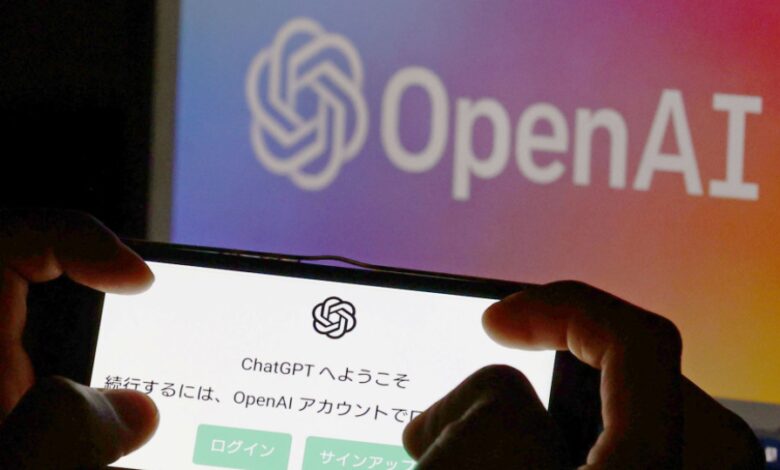Japan eyes launch of new dialogue framework on int’l AI regulations

Japan is considering establishing a new framework for dialogue involving like-minded nations to discuss international regulations on the appropriate use of generative artificial intelligence technology, a government source said Saturday.
Japanese Prime Minister Fumio Kishida is expected to reveal the plan to launch a “Friends” meeting on AI issues at a ministerial council meeting of the Organization for Economic Cooperation and Development scheduled for May 2 to 3 in Paris, the source said.
Through the framework, Japan will call for wider support for the “Hiroshima AI Process,” an initiative launched last year by the Group of Seven nations to facilitate discussions on the creation of global rules, according to the source.
The move comes as the world has been looking into how to harness rapidly developing generative AI tools, including ChatGPT, while fears grow that the spread of disinformation through the misuse of AI could threaten democracy and political stability.
The source said Japan aims to play a leading role in international AI rulemaking that would push for both the development of the technology and its regulation.
The creation of the Hiroshima AI Process was agreed at the G7 summit chaired by Kishida in Hiroshima in May.
In December, G7 digital ministers drew up a comprehensive policy framework of the process and this was agreed by the G7 leaders during a teleconference the same month. It is the first overall international scheme that includes guiding principles and a code of conduct not only for developers but also for users.
The nonbinding guidelines are aimed at promoting safe, secure and trustworthy advanced AI systems, according to the Japanese government.
Recognizing the necessity of setting universal rules and gaining broad support from governments and private actors as early as possible, Japan views that an OECD gathering, where new global challenges are discussed, is suitable for demonstrating the importance of the Hiroshima AI Process, the source said.
At the third Summit for Democracy forum in March hosted by South Korea, Kishida said AI-generated fake images, video footage and audio content have made it difficult for people to distinguish between true and false information, hindering their ability to make political choices.
Related coverage:
G7 sets out guiding principles for AI developers to address risks



